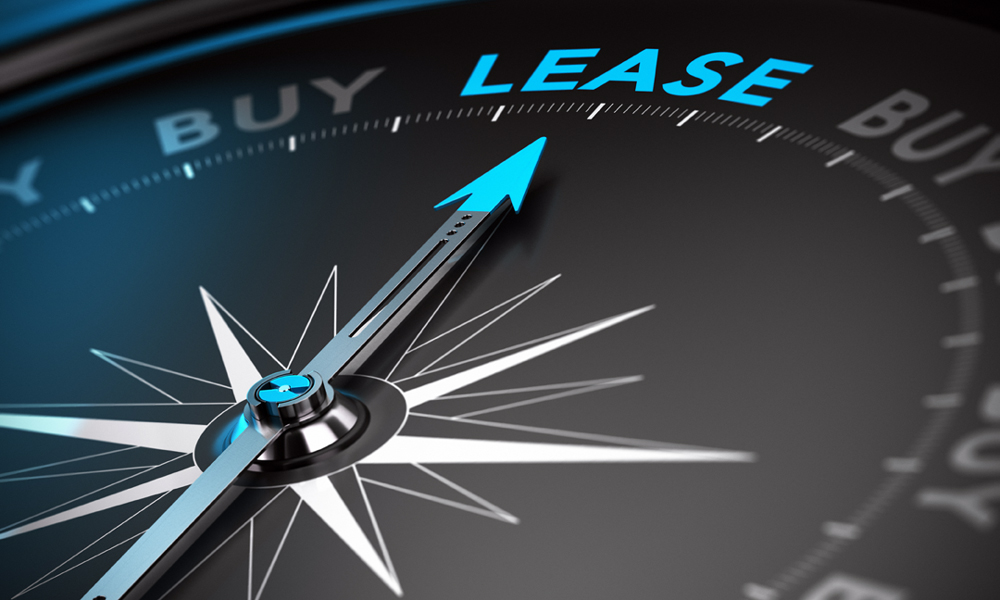Why Leasing an Electric Vehicle Makes More Sense Than Ever
Leasing an electric vehicle (EV) is becoming a practical and cost-effective choice for many individuals and businesses across the UK and EU. With lower running costs, increasing government incentives, and rapid improvements in charging infrastructure, EV leasing is no longer a niche option — it’s quickly becoming the smart standard.
Cost Advantages: Electricity vs Petrol
One of the biggest reasons to consider leasing an EV is fuel savings. Charging an electric car at home typically costs between £5 and £10, depending on your local electricity rates and the size of your car’s battery. In contrast, filling a petrol or diesel tank can easily cost £50 to £80.
Even with fluctuations in energy prices, EVs are more economical per mile. Businesses with fleets benefit the most, as the savings scale with every vehicle and mile driven. Leasing provides access to these savings without the large upfront cost of buying an EV outright.

Low Maintenance and Tax Benefits
Electric vehicles have fewer moving parts than petrol or diesel cars, which means lower maintenance costs. No oil changes, fewer brake issues, and fewer mechanical faults reduce the need for garage visits.
In many UK and EU countries, EVs also benefit from road tax exemptions, company car tax reductions, and government subsidies. For example, businesses can claim 100% first-year allowances on fully electric company vehicles under current UK rules.
Why Leasing Suits the Nature of Electric Cars
EVs are evolving rapidly, with battery life, range, and features improving each year. This pace of innovation can make owning an EV a risky long-term investment, especially as today’s models may depreciate faster once newer ones arrive.
Leasing removes this risk. You drive the latest model, benefit from the newest tech, and simply return the car at the end of the lease period. This keeps costs predictable and technology current — ideal for businesses and private users alike.
Charging Infrastructure Has Improved
One of the biggest concerns people had about EVs was charging access. But as of 2025, the UK has over 55,000 public charging points, with the EU surpassing 600,000. Rapid chargers are now found in supermarkets, motorway stations, and even local councils, making EVs viable in both urban and suburban areas.
Home charging has also become simpler and more affordable. With government grants still available in some regions, installing a fast charger at home can cost under £500 after incentives.
Is Leasing Cheaper Than Buying an EV?
Buying an electric vehicle often involves a high initial cost. Leasing avoids this by spreading costs across monthly payments, often with no large upfront deposit. In many cases, total monthly lease costs are less than financing a purchase, especially when you factor in maintenance and tax savings.
Some leasing packages even include free maintenance or public charging access. This makes budgeting easier, especially for small businesses that need predictable operating costs.
Tips Before You Lease an Electric Car
- Check charging access: Make sure you have a place to charge — at home, work, or nearby.
- Understand the lease terms: Look at mileage limits, servicing, and early return clauses.
- Compare deals: Some providers offer better rates for business users or include extras like insurance or maintenance.
- Evaluate range: Choose a vehicle that meets your daily mileage needs comfortably, with room for unexpected trips.
Business Leasing vs Personal Leasing
Business leasing (contract hire) is often more cost-efficient, thanks to tax deductions on lease payments and lower Benefit-in-Kind (BiK) tax rates. For employees, a salary sacrifice scheme can also make EV leasing more affordable.
Personal leasing (PCH) is also growing in popularity, especially with younger drivers who prefer fixed monthly payments and flexibility over ownership.
Electric vehicle leasing is no longer just an environmentally friendly option — it’s now a financially smart move for many. With fuel savings, low maintenance, tax breaks and ongoing improvements in range and charging, EVs fit naturally into the structure of a lease. If you’re looking for a way to drive electric without the risks of ownership, leasing might be the easiest step forward.


